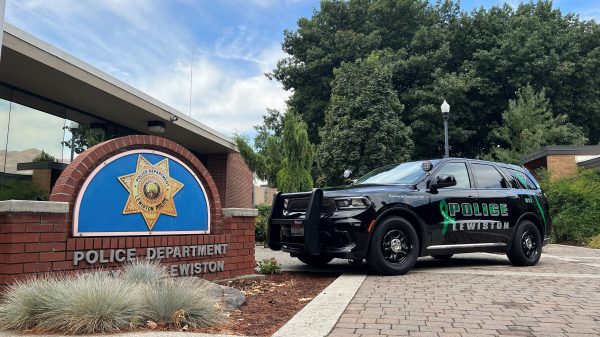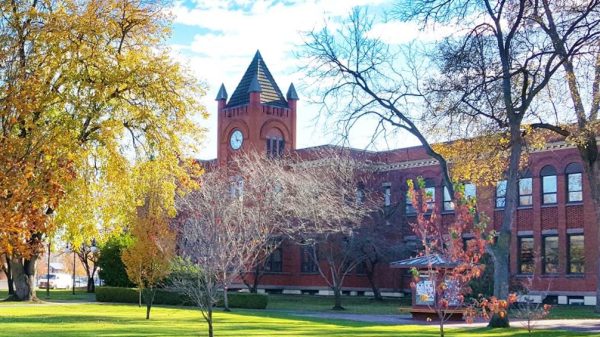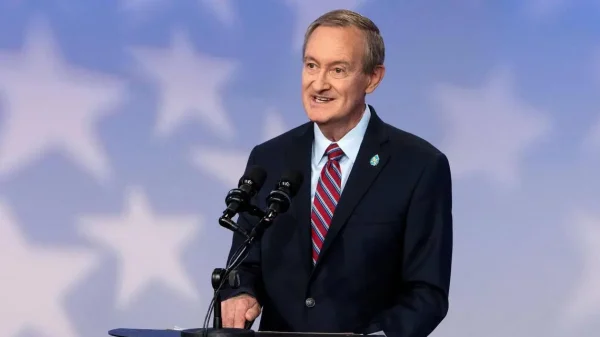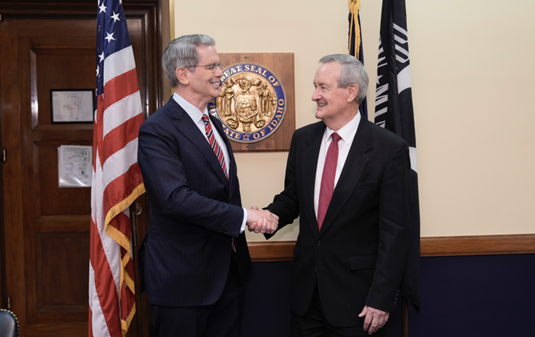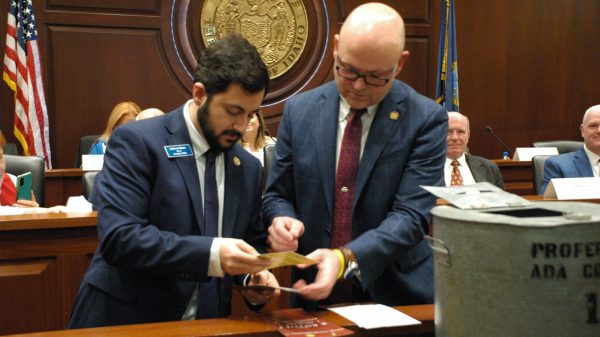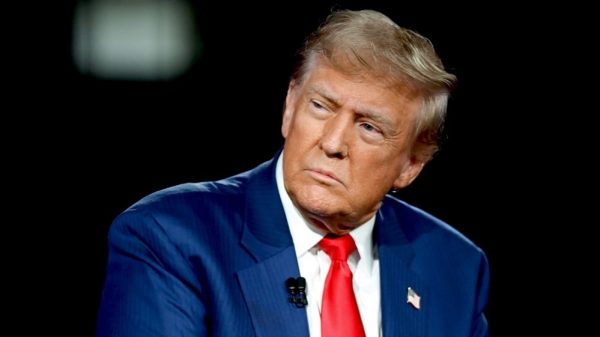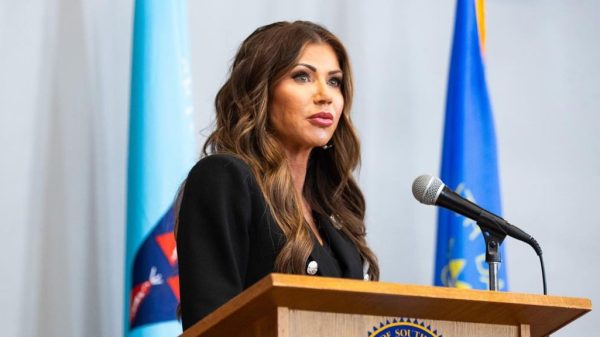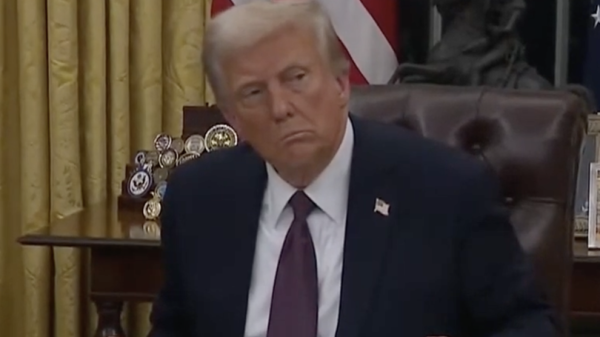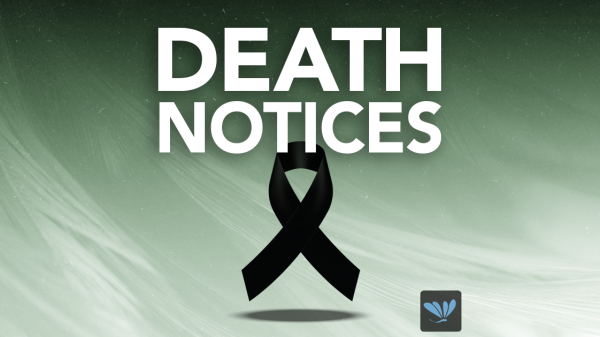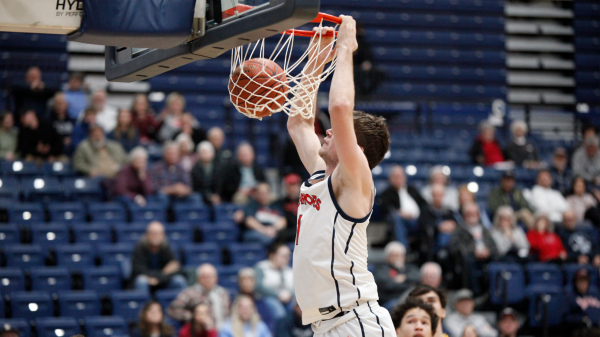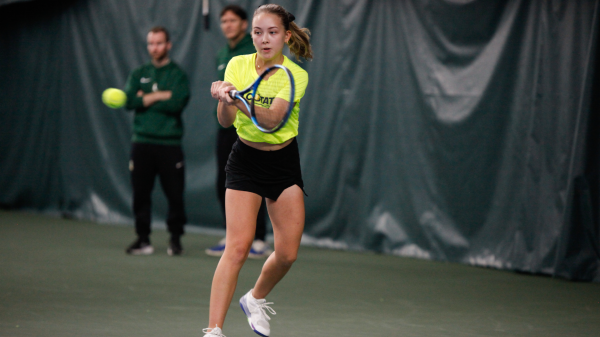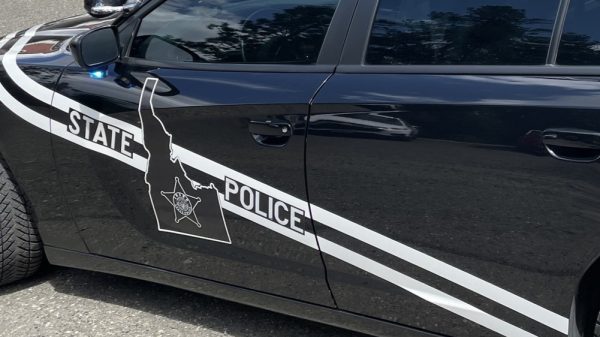(Washington, DC) – The New Civil Liberties Alliance has filed a brief in response to an order of the U.S. District Court for the Western District of Louisiana, urging the court not to dismiss Missouri v. Biden and requesting further discovery in this landmark lawsuit against government-induced social media censorship. In June, the Supreme Court vacated the preliminary injunction in the case (then called Murthy v. Missouri) that barred officials from the White House, CDC, FBI, Cybersecurity and Infrastructure Security Agency (CISA), and the Surgeon General’s office from encouraging social media platforms to censor constitutionally protected speech. NCLA’s clients have been blacklisted, shadow-banned, de-boosted, throttled, and suspended on social media as part of a censorship campaign orchestrated by the White House and others in a “whole of government” effort.
While the high court wrongly found NCLA clients Drs. Jayanta Bhattacharya, Martin Kulldorff, and Aaron Kheriaty, and Ms. Jill Hines lacked standing to support the injunction, its decision, together with other precedent, supports additional discovery in the ongoing lawsuit, which will further prove the government’s responsibility for social media censorship. As Missouri v. Biden continues, NCLA is determined to stop this unlawful assault on Americans’ free speech rights.
The Supreme Court’s ruling that the Plaintiffs lacked standing for the preliminary injunction, a form of emergency relief, does not apply to the lawsuit because the standard for showing standing at the preliminary injunction phase is higher than at the pleadings stage. NCLA’s clients have made an adequate showing at the pleadings stage. With only limited discovery at the preliminary injunction stage, they have uncovered a vast operation emanating from the highest levels of government, across at least a dozen agencies, and featuring well over a hundred government actors—and potentially many more that are currently unknown. Agencies and the White House directed social media companies to censor viewpoints that conflicted with federal government messaging on topics ranging from Covid-19 to elections. The nature and significance of the Biden Administration’s illicit conduct probably would not have come to light in the absence of this lawsuit.
Although the Supreme Court majority did not reach the merits of the case, Justices Alito, Thomas and Gorsuch addressed the substance of Plaintiffs’ claims and concluded that the government’s conduct violated the First Amendment. If NCLA’s clients receive the discovery they need to establish standing under the Supreme Court’s rubric, they are likely to prevail on the merits of their claims.
The District Court should also allow the Plaintiffs to amend their Complaint and add members of the “Disinformation Dozen” who want to join the lawsuit after the Biden White House explicitly targeted them for removal from social media platforms. When Administration officials relentlessly harangued and threatened X (formerly known as Twitter) and Meta (and potentially other companies whose involvement remains unknown), the companies caved despite initially refusing to take down the accounts. The District Court correctly observed that the Administration’s express, successful pursuit of these individuals enhanced their showing of standing. Dismissing the lawsuit and not allowing a new amended Complaint would effectively reward government actors for flouting Americans’ First Amendment rights, provided they do so in secret, hidden from the public eye.
NCLA released the following statements:
“Our plaintiffs, who have been censored extensively on social media and targeted for suppression by government actors, deserve to know the extent of the government’s involvement in silencing them.”
— Jenin Younes, Litigation Counsel, NCLA
“To be clear, the Supreme Court’s reversal of the grant of a preliminary injunction does not warrant dismissal of the lawsuit.”
— Mark Chenoweth, President and Chief Legal Officer, NCLA








